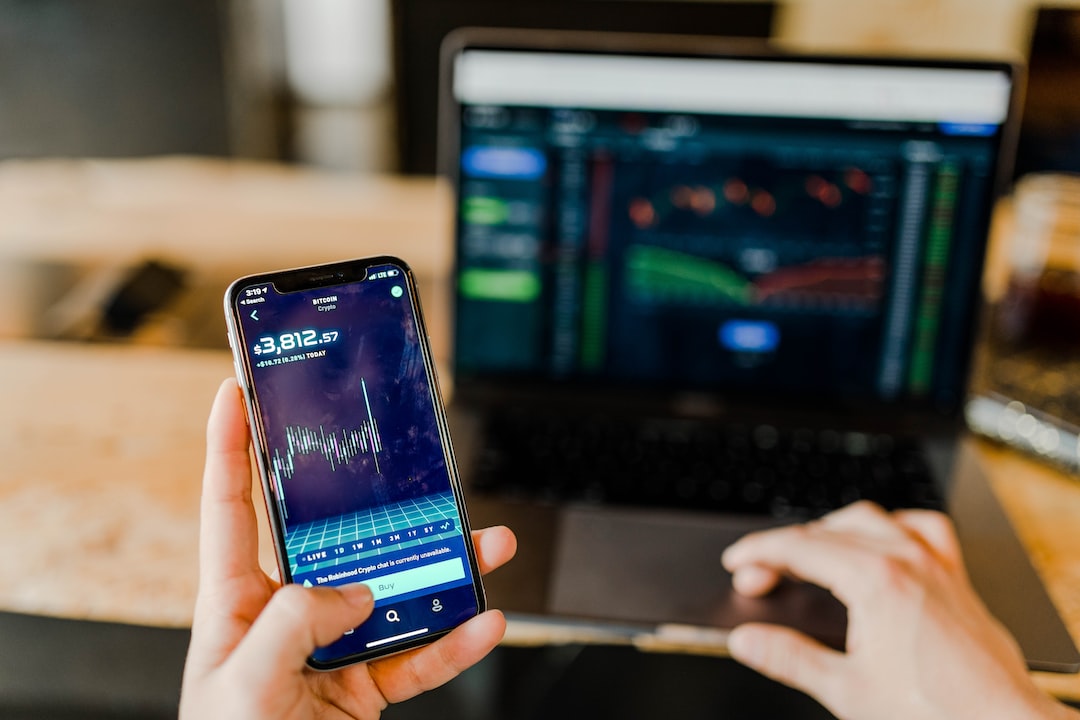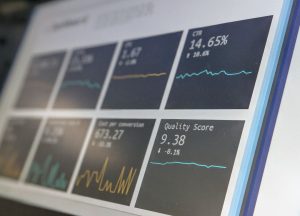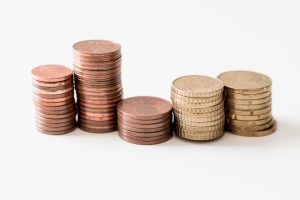The Brexit referendum held on June 23, 2016, marked a significant event in the history of the financial market. The decision of the United Kingdom to leave the European Union (EU) had a profound impact on the currency market, particularly on the British pound (GBP). Traders and investors saw an opportunity to profit from the volatility and uncertainty of the market, leading to significant money being made in the forex market during the Brexit period.
The immediate aftermath of the referendum saw a sharp decline in the GBP, which fell over 10% against the US dollar (USD) within hours of the announcement of the results. This resulted in a massive sell-off of the GBP by investors and traders, who were quick to take advantage of the sudden volatility in the currency market. Short positions were taken on the GBP, with traders betting on the currency to continue its downward trend.
The decline in the GBP was not limited to the USD alone. The currency also experienced significant losses against other major currencies, such as the euro (EUR) and Japanese yen (JPY). Traders who took short positions on the GBP against these currencies also made substantial profits.
In addition to the short positions, traders also took advantage of the volatile market by engaging in currency pair trades, such as the GBP/USD and GBP/EUR. These trades allowed traders to make profits by buying and selling the GBP against another currency. For example, a trader could buy the GBP when it was at its lowest point and then sell it when it had recovered some of its value, resulting in a profit.
The Brexit period also saw an increase in the use of options trading. Options trading is a financial instrument that allows traders to make a profit by predicting the direction of the currency market. During the Brexit period, traders used options trading to hedge against the risk of currency fluctuations. By taking a long position on the GBP, traders could protect themselves against the currency’s decline, while still being able to profit from any potential gains.
Another way traders made money during the Brexit period was through algorithmic trading. Algorithmic trading is a computer-based trading system that uses complex algorithms to execute trades in the market. During the Brexit period, traders used algorithmic trading to take advantage of the volatility in the currency market. The system allowed them to make quick decisions based on real-time market data, resulting in substantial profits.
Finally, traders also used fundamental analysis to make profits during the Brexit period. Fundamental analysis is a method of analyzing the economic and political factors that influence the currency market. During the Brexit period, traders closely watched the negotiations between the UK and the EU, as well as the economic indicators released by both parties. By analyzing this information, traders were able to make informed decisions on when to buy or sell the GBP, resulting in significant profits.
In conclusion, the Brexit referendum and its aftermath presented traders with an opportunity to profit from the volatility and uncertainty in the currency market. Through short positions, currency pair trades, options trading, algorithmic trading, and fundamental analysis, traders were able to make substantial profits during the Brexit period. However, it is important to note that trading involves risks and should be done with caution.





